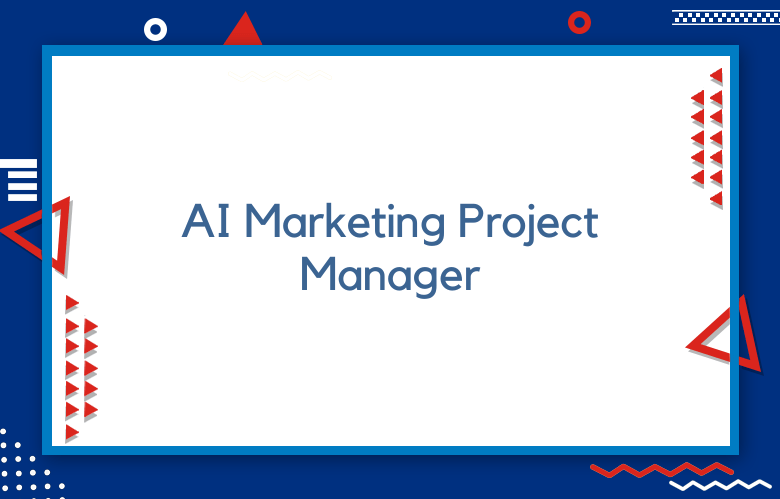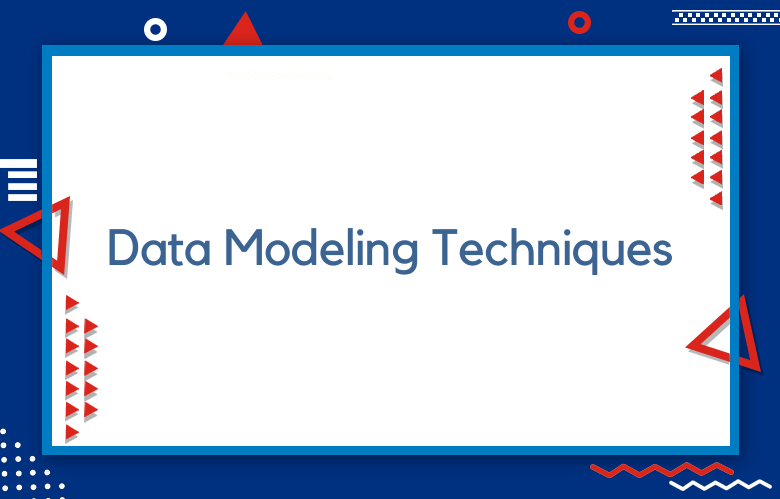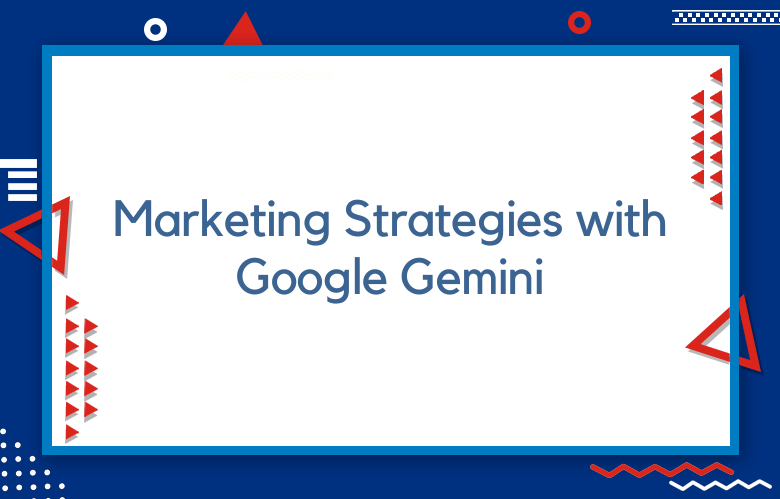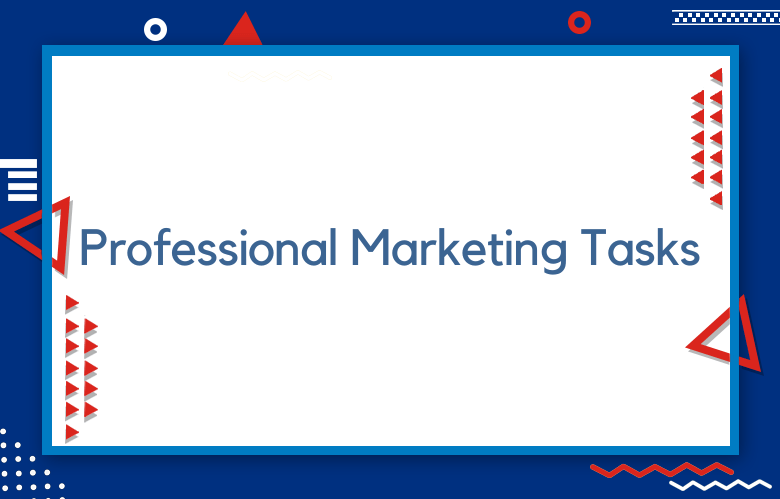AI Mark How to Make AI Marketing Project Manager

Marketing is a complex field that requires extensive planning and management. As a marketer, you are responsible for developing strategies, executing campaigns, analyzing data, and much more. With so much on your plate, it’s easy to get overwhelmed.
However, have you considered leveraging Artificial Intelligence (AI) technology to help you manage your marketing projects?
AI-powered project management can help automate repetitive tasks, streamline processes, and provide data-driven insights, ultimately enhancing your campaigns’ overall effectiveness. Explore how to make AI Marketing your project manager.
Artificial Intelligence (AI) is the future of marketing. This technology has revolutionized marketers’ identification and prediction of customer behavior, optimizing advertisements, and creating targeted content.
However, many marketers prefer to embrace this technology if they think it is too complex or expensive.
You can create your AI project manager with the right tools and mindset. We’ll explore strategies to help you make AI project managers work for your marketing strategy.
AI Marketing Project Manager: Exploring the Potential of AI in Marketing
As AI technology advances at an unprecedented rate, businesses are starting to explore the potential of AI in marketing. With its ability to analyze vast amounts of data, AI can provide valuable insights into customer behavior, preferences, and trends.
AI can help marketers make sense of complex data sets, identify patterns and correlations, and use this information to develop more effective marketing strategies.
One of the key benefits of AI in marketing is its ability to personalize the customer experience. AI can help marketers tailor their messaging and offers to specific customer segments by analyzing customer behavior and preferences data.
This can lead to higher conversion rates, increased customer loyalty, and improved customer satisfaction.
Driving Business Growth through AI and Data-driven Marketing Strategies
The marketing world has undergone a transformative shift recently, thanks to the emergence of cutting-edge technologies such as artificial intelligence (AI) and data-driven strategies.
These advanced tools have opened up a whole new world of possibilities for businesses seeking to drive growth and expand their reach.
One of the most significant advantages of AI-powered marketing is its ability to unlock valuable insights from vast amounts of data.
By analyzing customer behavior patterns, preferences, and purchasing history, businesses can better understand their audience and tailor their marketing efforts. This, in turn, can lead to increased engagement, more conversions, and, ultimately, higher revenue.
Essential Skills of an AI Marketing Manager
Technical Knowledge
An AI marketing manager must understand the technical aspects of artificial intelligence and machine learning (AI/ML). This includes knowledge of how AI/ML algorithms work and the ability to develop and deploy them.
They should be familiar with the various tools and platforms for creating and managing AI/ML models.
Data Analysis
An AI marketing manager must also have strong data analysis skills to use AI/ML techniques effectively.
This includes the ability to identify patterns in large datasets, as well as the ability to interpret results from predictive analytics models. They should be able to create meaningful visualizations to help explain complex concepts to stakeholders.
Communication
Communication is essential for an AI marketing manager to effectively collaborate with other teams and stakeholders. They must clearly explain complex concepts related to AI/ML in a way that is easy for non-technical people to understand.
They should be able to present their findings concisely so critical decision-makers can make informed decisions based on their insights.
Project Management
An effective AI marketing manager must also have strong project management skills to ensure successful implementations of their strategies.
This includes developing project plans, setting timelines, assigning tasks, monitoring progress, and troubleshooting any issues that arise during the project.
They should be able to manage multiple projects simultaneously while maintaining quality standards across all initiatives.
Creative Problem Solving
Creative problem-solving is essential for an AI marketing manager to develop innovative solutions for challenging problems or opportunities within an organization or industry.
They must think outside the box and develop creative solutions that will help move their projects forward efficiently while still achieving the desired results.
Leadership
Leadership is also essential for AI marketing managers, who are often responsible for leading teams or departments within an organization or agency.
They must have strong leadership skills, such as motivating team members, delegating tasks, providing feedback, and resolving conflicts between team members, to ensure the successful implementation of their strategies and projects over time.
Strategic Thinking
An effective AI marketing manager also needs excellent strategic thinking skills to create long-term plans to help achieve organizational goals while staying ahead of market trends and competition within their industry or sector.
They should be able to anticipate potential challenges or opportunities before they arise to develop strategies that will enable them to succeed over time regardless of external factors out of their control, such as economic downturns or technological advances by competitors,
Adaptability
Finally, adaptability is crucial for an AI marketing manager since things can change quickly within industries, especially regarding new technologies.
As such, they need to adjust rapidly according to the evolving conditions internally within their organization and in the external environment. For instance, if there’s a sudden shift in customer preferences due to new product launches by competitors, these managers must be able to pivot quickly without getting stuck on specific strategies that may no longer apply.
Bridging the Gap between Marketing Science and Technological Expertise
In today’s fast-paced digital age, marketing science and technological expertise have become two essential components for any organization to succeed in the market.
While marketing science involves applying scientific methods to identify and analyze consumer behavior, technological expertise refers to the development and use of technology to improve marketing strategies.
However, the gap between these two areas of expertise has often hindered the achievement of effective marketing outcomes.
This divide between marketing science and technological expertise can result in ineffective decision-making and decreased productivity as marketing teams struggle to understand or implement new technology.
Ethical Implications of AI and Data in Marketing
Artificial Intelligence (AI) and data have significantly changed the marketing landscape over the past few years. Whether it is in the context of customer segmentation, personalized advertisements, or predictive analytics,
AI and data have enabled marketers to make more informed decisions, improve customer experiences, and drive business growth. However, using AI and data in marketing also raises several ethical concerns that need to be addressed.
One of the most significant ethical implications of AI and data in marketing is privacy. As marketers collect and analyze customer data, they must take steps to safeguard against data breaches and protect personal information from falling into the wrong hands.
Customers should have control over their data and be aware of how their information is used. Transparency is critical to maintaining ethical standards and building trust with customers.
Transitioning to Sustainable and Responsible AI-powered Marketing
As technology revolutionizes, businesses increasingly use artificial intelligence (AI) to automate marketing strategies. However, with the increased adoption of AI comes the need for sustainable and responsible practices to ensure that technology does not contribute to societal and environmental harm.
Sustainable AI-powered marketing involves utilizing AI to reduce the environmental impact of marketing practices, such as optimizing energy use in server farms or reducing carbon emissions from transporting goods. This can be achieved by using data centers powered by renewable energy sources or by utilizing AI to optimize transportation routes for deliveries.
Trends and Opportunities for AI Marketing Project Managers
Automation of Tasks
One of the most exciting trends and opportunities for AI marketing project managers is automating tasks traditionally done manually.
Automation can streamline processes, reduce costs, and increase efficiency. AI-powered tools can automate mundane tasks such as data entry and customer segmentation, freeing marketers to focus on more creative tasks.
Personalization
Personalization is another trend that AI marketing project managers should be aware of. AI-enabled tools can personalize customer content and experiences based on past behaviors and preferences. This personalized approach can help increase engagement, loyalty, and sales.
Improved Targeting
AI-powered tools can also improve targeting capabilities by analyzing large amounts of data to identify target audiences more accurately than traditional methods. This enhanced targeting can result in higher response rates and better campaign ROI.
Predictive Analytics
Predictive analytics is another trend that AI marketing project managers should consider when planning campaigns.
Predictive analytics uses machine learning algorithms to analyze historical data to predict future outcomes or behaviors with a high degree of accuracy. This analysis can help marketers decide which channels or tactics to use for their campaigns to achieve the best results.
Chatbots
Chatbots are becoming increasingly popular for businesses to provide customer service more efficiently and cost-effectively than traditional phone or email support.
AI-powered chatbots can understand natural language queries from customers and respond with relevant answers quickly and accurately, making them an ideal solution for customer service inquiries or other simple tasks such as product recommendations or scheduling appointments.
Voice Search Optimization
Voice search optimization is another trend that AI marketing project managers should keep an eye on as voice search becomes increasingly popular among consumers due to its convenience and accuracy compared to traditional text-based searches.
Optimizing content for voice search requires understanding how people speak differently than they type, which requires different keyword strategies than those used for text-based searches to rank highly in voice search results pages (SERPs).
Social Media Monitoring
Social media monitoring is another area where AI tools have become increasingly helpful over the past few years due to their ability to quickly process large amounts of data from social media platforms such as Twitter, Facebook, Instagram, etc., to identify trends or insights that could be useful for marketers when creating campaigns or strategies.
By monitoring social media conversations related to a brand’s products or services, marketers can gain valuable insights into how customers feel about the brand, what they like/dislike about it, etc., which can be used when creating campaigns or strategies targeted at those customers.
Content Creation & Management
Content creation & management is another critical trend that AI marketing project managers must consider since content plays a vital role in any successful marketing campaign.
With the help of AI tools such as natural language processing (NLP) algorithms & machine learning (ML) models, marketers can create & manage content much faster & more efficiently than before.
NLP algorithms allow marketers to create content using natural language. At the same time, ML models enable them to optimize content based on user feedback & usage patterns so that it resonates better with target audiences.
Paving the Way for Advancements in Marketing and AI Integration
Marketing has long been a critical component of any successful business strategy. However, integrating marketing and AI has become more vital with the increasing prevalence and importance of artificial intelligence (AI) in today’s technological landscape.
This integration signifies a pivotal moment in the evolution of marketing, paving the way for advancements that we have yet to comprehend fully.
AI can automate mundane and repetitive tasks, allowing marketers to focus on more creative endeavors.
With the help of AI, marketers can quickly analyze vast amounts of data, segmenting customers based on their demographics, purchasing history, and even their behaviors on social media. This, in turn, enables marketers to fine-tune their strategies and develop more tailored campaigns for their target audience.
Career Path for AI Marketing Project Managers
AI marketing project managers lead strategic marketing projects that leverage artificial intelligence (AI) technologies to achieve business objectives. In today’s data-driven world, AI marketing project managers are in high demand as companies look to utilize AI to optimize their marketing efforts and gain a competitive advantage.
To become an AI marketing project manager, having a solid marketing and business management foundation is essential. Most candidates have a Bachelor’s degree in marketing, business administration, or a related field, with advanced degrees preferred by some employers.
However, a formal degree program is a flexible requirement, as relevant industry certifications and experience can also qualify candidates for this role.
From Project Management to Leadership Roles in Marketing and AI
The business world is constantly evolving, so professionals are required to adapt and grow with it.
This holds particularly true for those who work in project management and marketing, as they must be constantly updated with the latest trends, tools, and strategies to remain competitive.
More and more professionals are entering leadership roles in marketing and AI due to their skills and expertise, which are highly sought after in these fields.
Project management is a field traditionally associated with technical and logistical skills. Project managers coordinate and direct project teams to meet strict deadlines, stay within budget, and deliver high-quality results.
As the field has evolved, project managers have also had to learn how to become influential leaders and communicators, as they have to work closely with geographically dispersed teams that often come from different cultural backgrounds.
Conclusion
Integrating an AI project management tool can significantly enhance a marketing project’s effectiveness, streamline processes, and provide valuable data insights.
However, before leveraging AI technology for your marketing project planning, it’s essential to understand your marketing objectives, choose the right AI-powered project management tool, use data analytics to inform project decisions, automate repetitive tasks, and evaluate results to improve campaigns.
In conclusion, AI marketing can be a powerful tool for enhancing the management of marketing projects, but it requires a strategic approach to achieve the desired results.
AI technology is no longer a far-fetched dream for marketers. By implementing an AI project manager for your marketing strategy journey, you can harness its power to deliver targeted content, improve customer engagement, and optimize your marketing strategy.
It’s essential to understand what AI can do, choose the right AI tools, build a cross-functional team, train your team, and monitor and measure results. Begin your AI journey today and start realizing the benefits of your marketing strategy.
Call: +91 9848321284
Email: [email protected]



